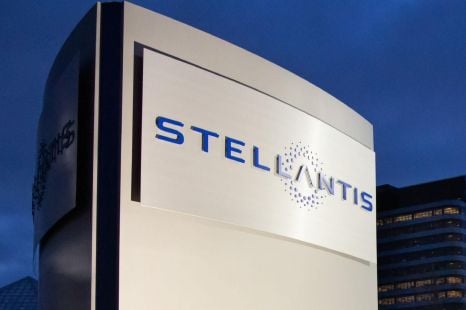

Derek Fung
Stellantis confirms A$37 billion loss for 2025, suspends profit sharing
1 Hour Ago
The ACT is expected to follow in the footsteps of Europe and the UK in mandating an end date for the sale of new ICE cars.

Contributor
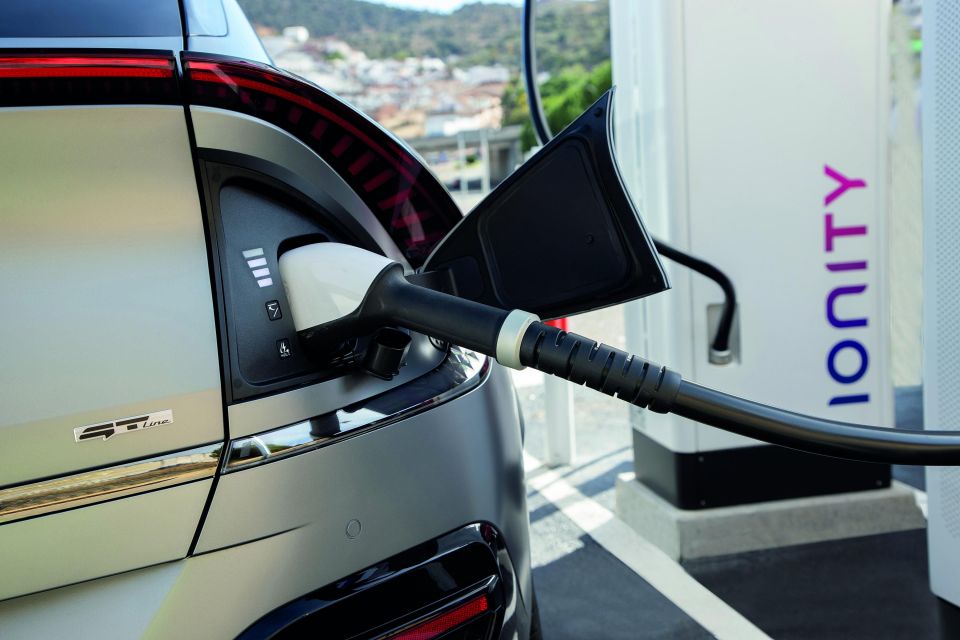

Contributor
The ACT is poised to become the first Australian state to set a firm end date for the sale of petrol and diesel-powered new cars.
The ban would be the first of its kind in Australia, and will come into force in 2035 as part of a Zero Emissions Vehicle Strategy (ZEVS) set to be released in full later this week, according to a report from The Guardian.
Specific details about how the ban will be rolled out, and how it will be enforced, are expected to be revealed as part of that ZEVS.
In the interim, the ACT is aiming to have electric vehicles (EVs) account for between 80 and 90 per cent of its new vehicle sales by 2030.
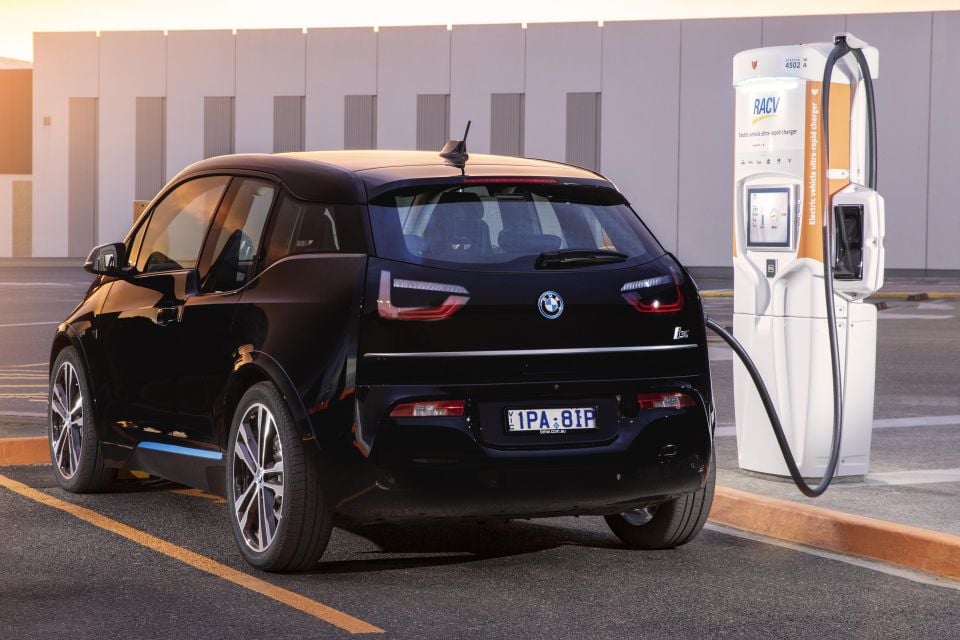
When confirmed, the move will bring the ACT into line with the European Union, which plans to ban the sale of petrol and diesel cars from 2035. The UK is making the move even sooner, setting a 2030 deadline for internal-combustion sales.
The ACT is already one of Australia’s friendliest jurisdictions for EV buyers.
Electric vehicle buyers in the ACT are provided with free registration for two years, and Canberra residents and businesses are being offered zero-interest loans up to $15,000 to invest in zero-emissions vehicles and technologies.
At least 50 electric charging stations are being built across Canberra and its surrounding regions to encourage EV adoption, and a focus has been placed on purchasing electric buses.
Further incentives may be announced as part of the ZEVS when it’s detailed later this week.
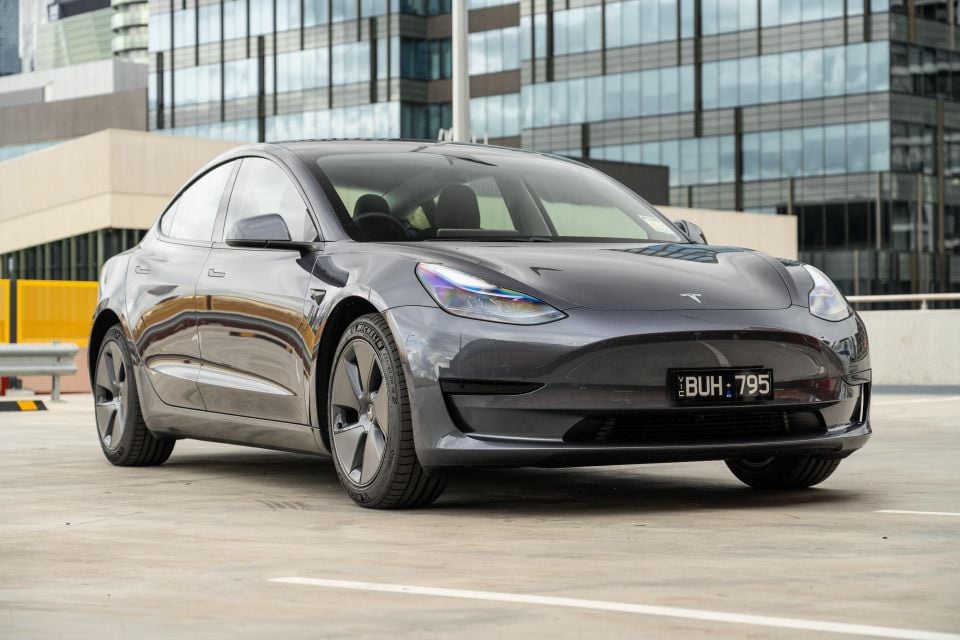
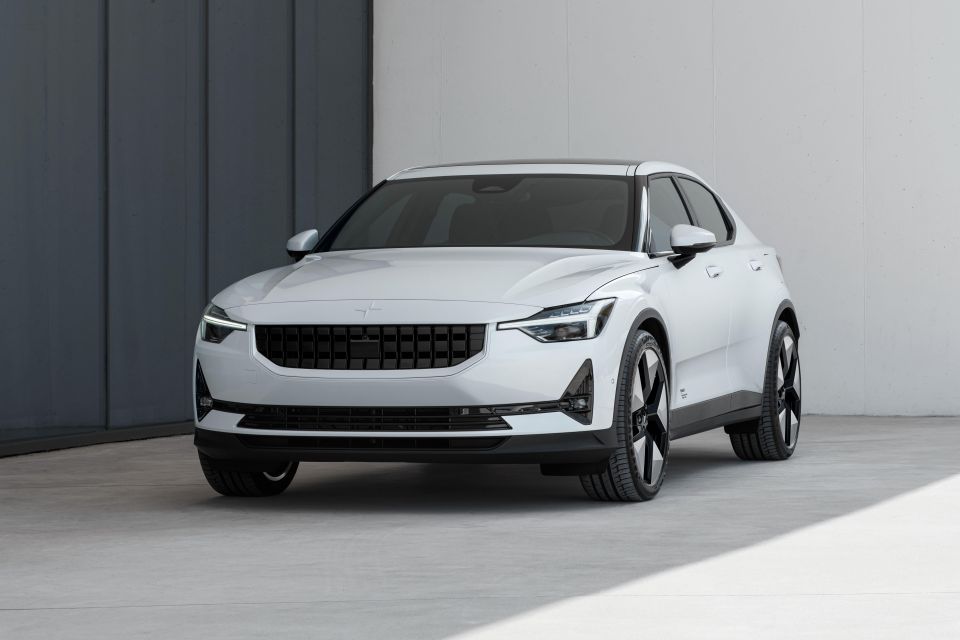
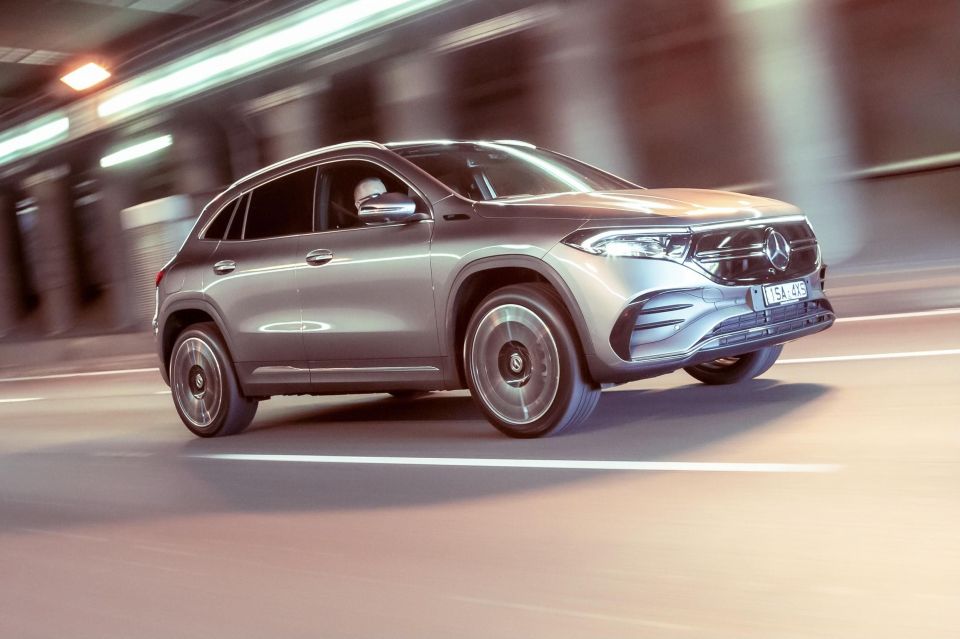
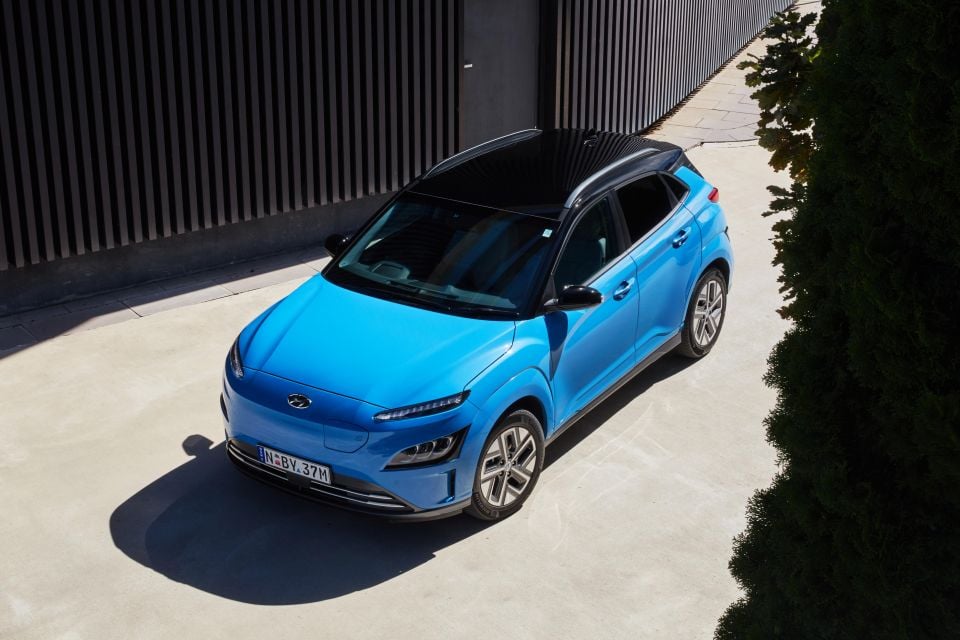
Environmental campaigners are calling on the rest of Australia’s state and territory governments to introduce similar policies.
“Other Australian states and territories must now follow the lead of the ACT and other jurisdictions around the world. Doing so will unlock a myriad of [sic] benefits for citizens, our towns and cities, and our environment,” said Lindsay Soutar, senior campaigner at Greenpeace Australia Pacific.
However the peak body for car dealers in Australia has “serious concerns that this policy will have adverse consequences for the automotive industry, the people they employ and consumers in the ACT”.
“Electric vehicles are currently more expensive and at present there is a distinct lack of choice in available makes and models. These factors may well change by 2035, but this ban has been foreshadowed in an environment where there is great uncertainty,” said AADA CEO James Voortman.

The car industry has been calling for more aggressive emissions regulations in Australia to improve its chances of getting solid supply of the latest, greatest electric vehicles.
Peak body for carmakers in Australia, the Federal Chamber of Automotive Industries (FCAI), called for a binding Federal emissions reduction scheme on the back of the recent election.
Such a scheme would force carmakers to drag their average vehicle emissions below an agreed cap, backed by fines for a failure to meet that target. The cap would become progressively tighter as years roll on – although naturally, it doesn’t go as far as the ACT’s plan to phase out ICE sales altogether.
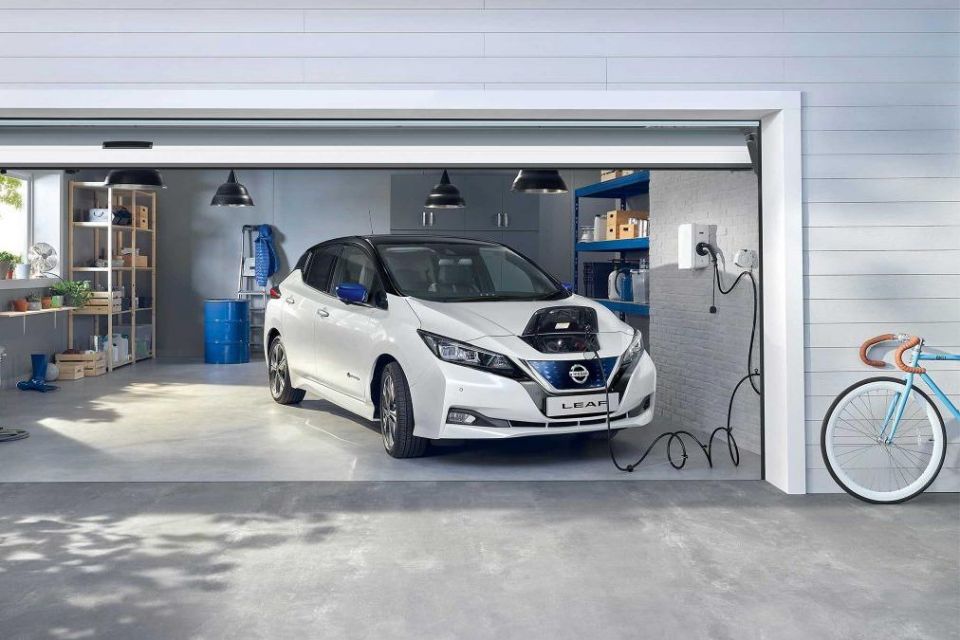
The territory has moved aggressively to make its government fleet electric, in an attempt to highlight the benefits of the technology to residents.
Its power grid is 100 per cent renewable, making transport emissions the major source of CO2 in the region.
The ACT in 2020 flagged plans to phase out new internal-combustion sales by 2030, but has since tempered those goals.
Scott Collie is an automotive journalist based in Melbourne, Australia. Scott studied journalism at RMIT University and, after a lifelong obsession with everything automotive, started covering the car industry shortly afterwards. He has a passion for travel, and is an avid Melbourne Demons supporter.


Derek Fung
1 Hour Ago
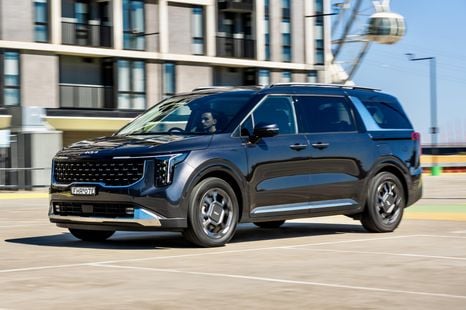

Max Davies
8 Hours Ago
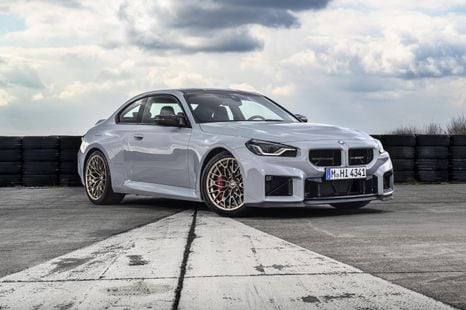

Damion Smy
24 Hours Ago
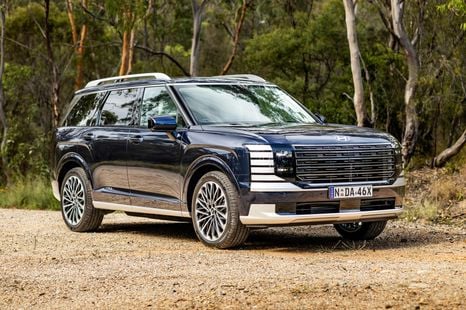

William Stopford
24 Hours Ago
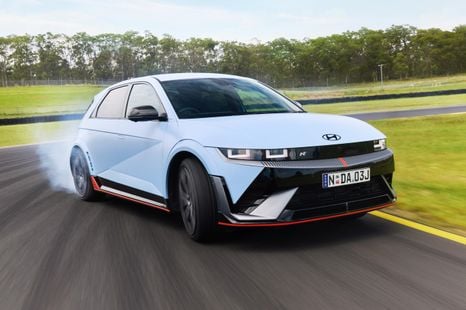

William Stopford
24 Hours Ago
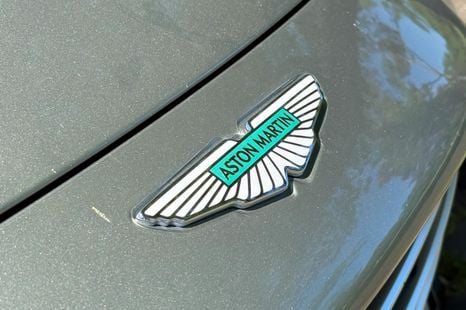

Derek Fung
1 Day Ago
Add CarExpert as a Preferred Source on Google so your search results prioritise writing by actual experts, not AI.